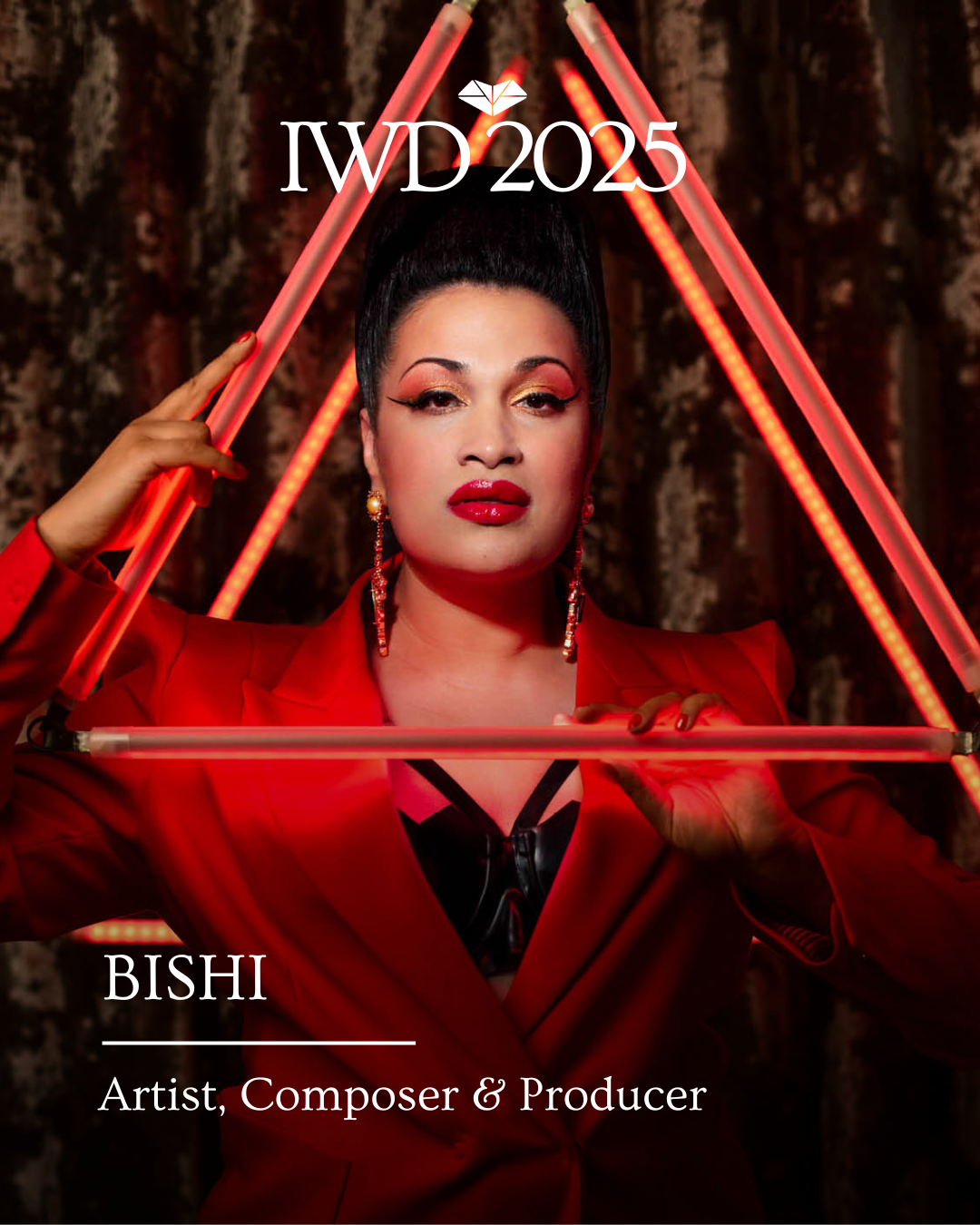Ray Lozano, the German-Filipino singer, songwriter, and producer from Cologne, has quickly established herself as one of the most compelling voices in indie R&B and future soul. Following her groundbreaking debut album Pairing Mode in 2023—which garnered over 62 million streams and secured Lozano prestigious recognitions such as the Holger Czukay Award and NICA artist residency—she continues to innovate and captivate listeners worldwide.
Lozano has now released her highly anticipated sophomore album, SILK&SORROW, via Melting Pot Music. Known for her meticulous production and boundary-pushing sound, the new record sees her diving deeper into the emotional complexities of modern love, vulnerability, and the delicate balance between connection and detachment.
Her latest single, 'CAN’T LOVE', co-produced with long-time collaborator Samon Kawamura, showcases a return to traditional R&B roots while maintaining her experimental edge. With critical support from influential platforms such as CLASH, COLORS, BBC 1Xtra, and a featured slot on Spotify’s EQUAL playlist, Lozano's music continues to resonate deeply.
In this Q&A, Ray Lozano opens up about the inspirations behind her emotionally charged new single, navigating vulnerability through music, and the powerful narrative woven throughout SILK&SORROW.
What’s the story behind your album SILK&SORROW?
The title says it all: "Silk" gives you warmth and comfort, while "Sorrow" hits you with an emotional gut punch you didn't see coming. It's a reminder that softness and pain aren't mutually exclusive—they're two sides of the same coin, constantly present in our daily lives, whether we're ready for them or not.
You’ve had support from COLORS, BBC 1Xtra, and Brick Lane Jazz Festival—what’s been the biggest moment in your journey so far that made you feel, "This is really happening"?
When I got the confirmation for the Brick Lane Jazz Festival, it felt like a dream. Playing live with my band is always special, but this festival—my first show abroad—feels like something truly meaningful.
How do you find the balance between making personal music and making it relatable to listeners?
It’s all about laying your truth bare in your music while making sure the feelings behind it hit a universal nerve—because at the end of the day, we’re all just looking for something that speaks to our own chaos.
Describe your music in 3 words.
Melancholic, Reflective, Vibey
What’s your advice for artists who are just starting out with home production and want to make high-quality music?
Home production is all about finding your vibe—focus on learning the basics, experiment freely, and let your creativity shape the sound.
What’s one underrated technique that helps artists make high-quality music in a DIY setup?
Layering sounds like a mad scientist—stacking different textures and frequencies can turn a basic track into something that feels way more polished, even if your setup is as DIY as it gets.
What is your top networking tip for connecting with the right people in the industry?
Forget the forced small talk—just be yourself. No need to over-perform. Listen, ask questions, and focus on real connections. The right people will vibe with your authenticity.
3 things you can’t live without in your bag.
Glossier Generation G in Leo, EarPods, Lucky Coin
What are you listening to at the moment?
The Mighty Tiny & The Many Few



































